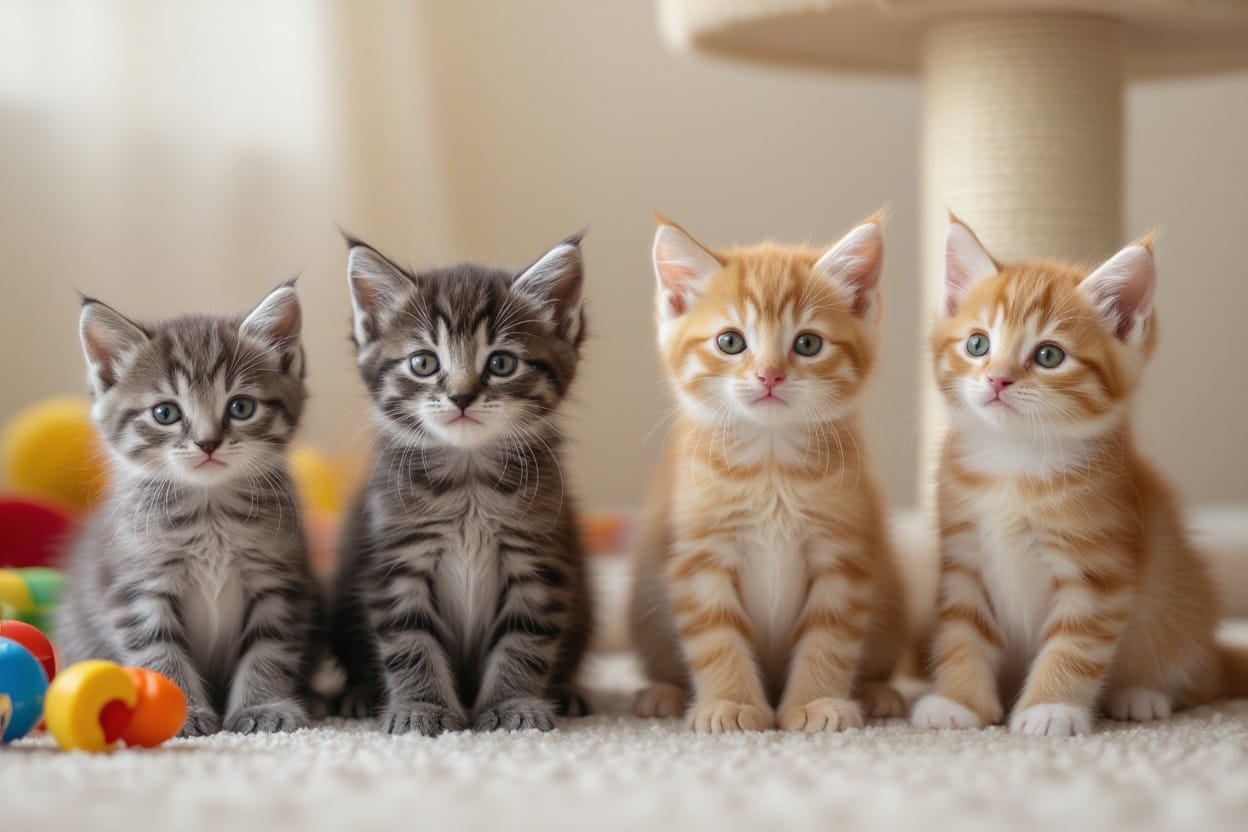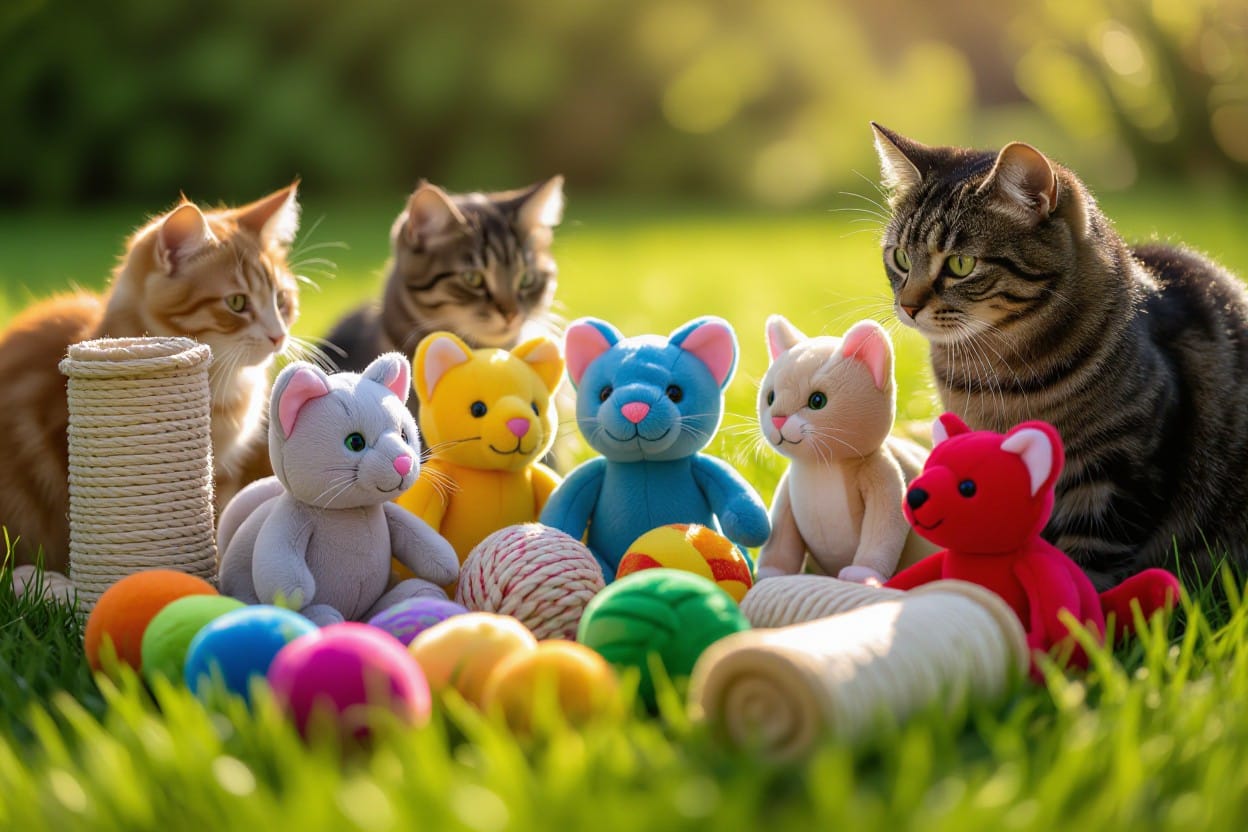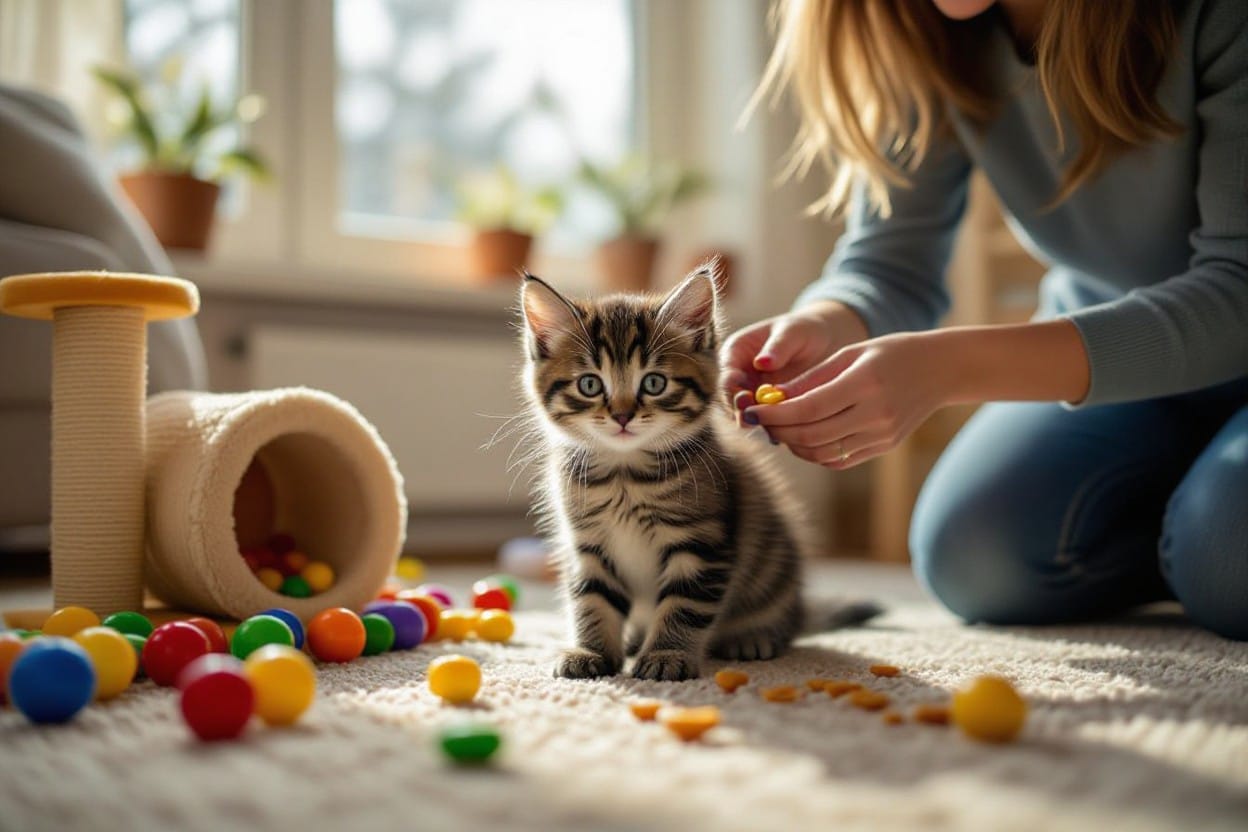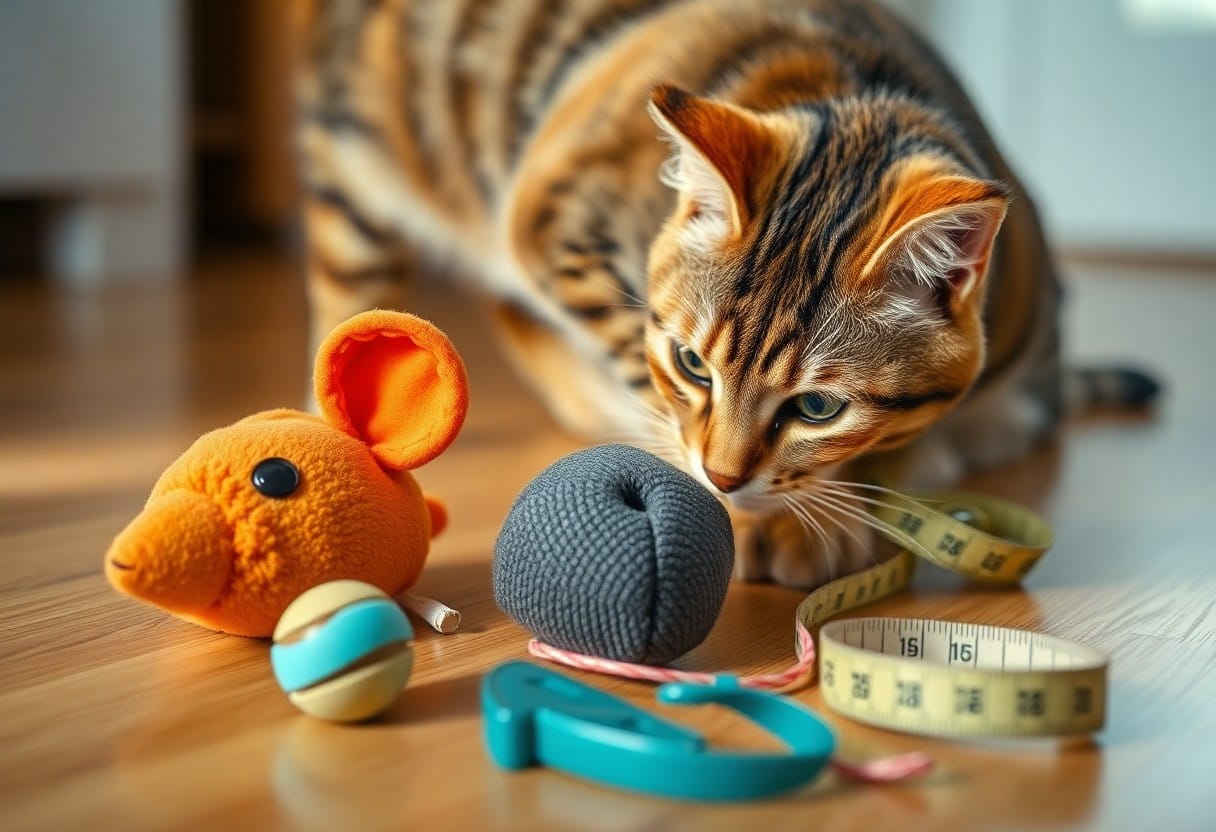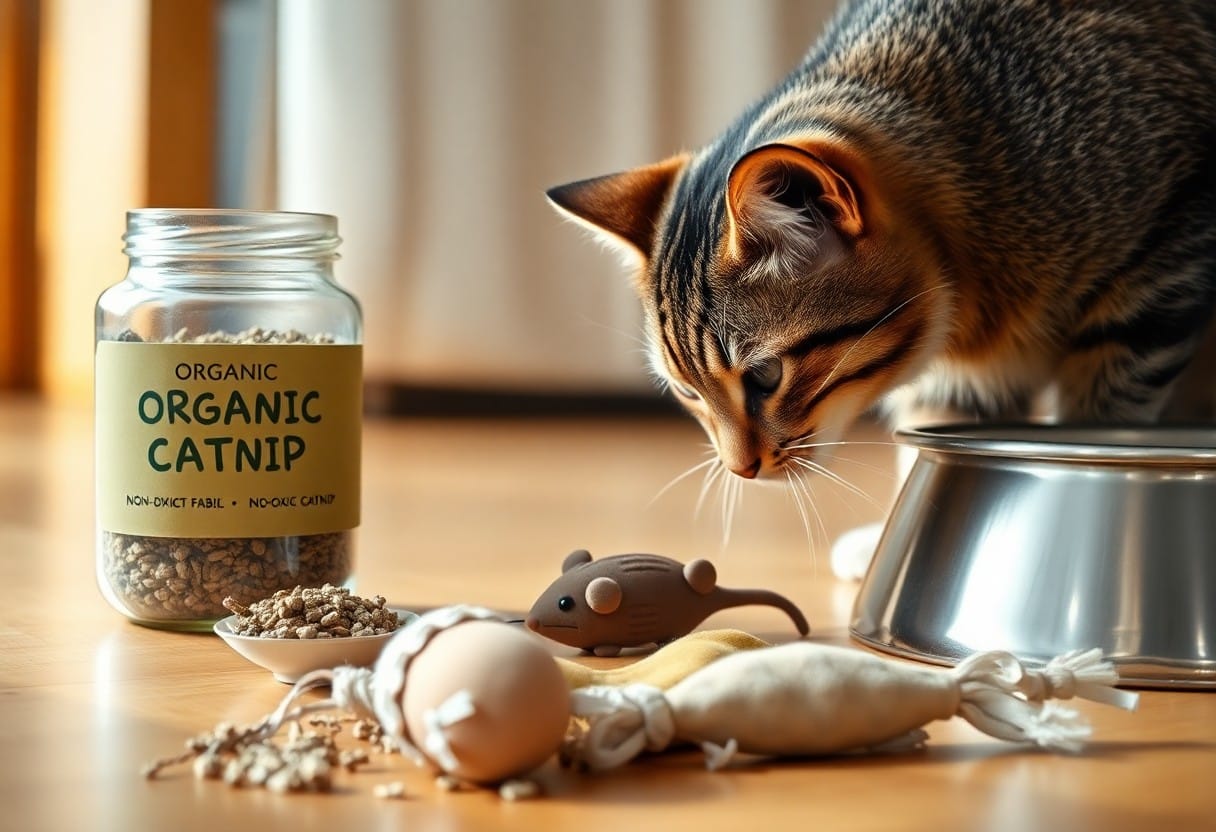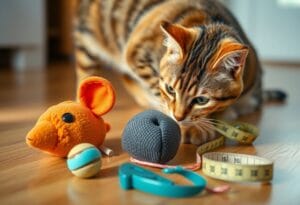Socialization is a crucial aspect of raising a well-adjusted and happy kitten. By providing a positive environment for your kitten to socialize in, you are setting the foundation for a lifetime of confident and friendly behavior. In this post, we will discuss some crucial tips and strategies to ensure that your kitten receives the necessary socialization to thrive.

Understanding Kitten Development Stages
Neonatal Period: Birth to 2 Weeks
Little newborn kittens are entirely dependent on their mother for survival during the neonatal period, which lasts from birth up to 2 weeks. They are born blind, deaf, and with undeveloped motor skills. During this critical time, the focus is on nursing and staying warm. The mother cat provides everything the kittens need, from warmth and nourishment to grooming and protection.
Socialization Period: 2 to 7 Weeks
One of the most crucial stages in a kitten’s development is the socialization period, which spans from 2 to 7 weeks of age. This is when kittens start to become more curious and playful, exploring their environment and interacting with littermates. It is during this time that they learn vital social skills, such as proper play behavior and communication through body language and vocalizations.
Plus, exposure to different stimuli, such as various sounds, textures, and gentle handling by humans, is important for kittens to grow into well-adjusted and confident adults. Breeders and rescuers play a crucial role in providing a positive and diverse environment during this period to help kittens develop into sociable and adaptable cats.
Juvenile Period: 7 Weeks to Puberty
Another important stage in a kitten’s development is the juvenile period, lasting from 7 weeks to puberty. During this time, kittens continue to refine their social skills and start to assert their independence. They become more adventurous, testing their physical abilities and exploring their surroundings with increased confidence.
Setting Up the Socialization Space
Choosing the Right Location
To ensure successful kitten socialization, it is crucial to choose the right location for your socialization space. Select a quiet room in your home that is free from loud noises and other pets. This space should also be easily accessible to you and equipped with all the imperatives for a safe and stimulating environment for your kittens.
Essentials for a Safe and Stimulating Environment
To create a positive environment for kitten socialization, you will need to equip the space with imperative items such as comfortable bedding, food and water dishes, a litter box, and interactive toys. Additionally, consider adding scratching posts, climbing trees, and hiding spots to encourage natural behaviors and provide mental stimulation for your kittens.
Socialization is a critical process that helps kittens grow into well-adjusted and confident cats. By providing a safe and stimulating environment, you can help your kittens develop important social skills and build positive associations with humans and their surroundings.
The Role of Human Interaction
All kittens benefit greatly from positive human interaction during their early development stages. This interaction helps them build trust in humans and become well-socialized pets. Understanding the role of human interaction in shaping a kitten’s behavior is crucial for creating a positive environment for their socialization.
Handling and Gentle Touch
To foster a positive relationship with your kitten, it’s imperative to introduce gentle handling and touch from an early age. This includes petting them softly, gently picking them up, and holding them securely but comfortably. Proper handling techniques help kittens feel safe and secure around humans, leading to a well-adjusted and affectionate pet in the future.
Introducing Diverse People
Handling kittens carefully and exposing them to a variety of people is key to ensuring they are comfortable and friendly in different social situations. Introduce your kitten to different family members, friends, and even strangers in a controlled environment. This exposure helps kittens develop social skills and confidence around different individuals, leading to a well-rounded and sociable pet.
Another important aspect of introducing diverse people is ensuring that all interactions are positive and rewarding for the kitten. This creates a strong association between humans and pleasant experiences, reinforcing positive social behaviors in the kitten.

Socialization with Other Animals
Introducing Resident Pets
For any new kitten entering a household with existing pets, a slow and careful introduction is key. Start by allowing the pets to get acquainted with each other’s scents by swapping bedding or using a pheromone diffuser. Gradually introduce the pets to each other through a barrier, such as a baby gate, before allowing supervised interactions. Always praise and reward positive interactions to reinforce good behavior.
Meeting New and Different Animals
Introducing a kitten to new and different animals can be an exciting but potentially overwhelming experience. Any new introductions should be done in a controlled environment to ensure the safety and comfort of all animals involved. It’s important to monitor body language and behavior closely to ensure that all interactions are positive and stress-free.
Understanding your kitten’s body language and communication cues can help you gauge their comfort level during interactions with new and different animals. Signs of distress or fear, such as hissing, flattened ears, or a puffed-up tail, indicate that the kitten may need a break or that the introduction should be approached more slowly.

Exposing Kittens to Novel Experiences
Variety of Toys and Playthings
Keep your kittens engaged and help them build confidence by providing a variety of toys and playthings. Different textures, shapes, and sizes will pique their curiosity and develop their motor skills. Interactive toys like feather wands, balls, and puzzle feeders can stimulate their mental and physical abilities while also fostering a sense of fun and exploration.
Experiencing Different Sounds and Textures
One way to acclimate kittens to a range of stimuli is by introducing them to different sounds and textures. Soft blankets, crinkly toys, and gentle music can help desensitize kittens to unfamiliar noises and sensations. By gradually exposing them to a variety of sounds and textures in a controlled environment, you can help them develop resilience and adaptability.
Novel experiences play a crucial role in shaping a kitten’s socialization process. When introducing new sounds and textures, ensure that they are not overwhelming and always observe your kittens’ reactions. By providing a safe and positive environment for exploration, you can help them develop into well-adjusted and confident cats.
Dealing with Setbacks and Fears
Once again, kitten socialization can sometimes present challenges along the way. It’s important to be aware of setbacks and fears that kittens may experience during the socialization process. By understanding how to recognize signs of stress or fear, as well as using techniques to build confidence and resilience, you can help create a positive environment for your kitten’s development.
Recognizing Signs of Stress or Fear
An imperative aspect of kitten socialization is being able to recognize signs of stress or fear in your kitten. Common signs include hiding, aggressive behavior, excessive meowing, flattened ears, and an arched back. Understanding these cues can help you adjust your approach and create a supportive environment for your kitten to thrive.
Techniques for Building Confidence and Resilience
Dealing with setbacks and fears in kitten socialization requires techniques to build confidence and resilience in your feline friend. One effective method is to gradually expose your kitten to new experiences in a controlled environment, such as introducing them to different people, sounds, and textures. This exposure can help desensitize kittens to potential stressors and boost their confidence level over time.
This approach allows kittens to learn that new situations are not always threatening, gradually helping them build the resilience needed to navigate social interactions with ease. Remember to be patient and provide positive reinforcement, such as treats or toys, to encourage positive associations with new experiences.
Monitoring Progress and Adjusting Techniques
Despite having a well-designed socialization plan, it is crucial to monitor the progress of each kitten regularly. This will help you gauge their individual development and make necessary adjustments to your socialization techniques. By tracking their interactions, responses to stimuli, and overall behavior, you can ensure that each kitten is progressing positively in their socialization journey.
Assessing Socialization Milestones
The assessment of socialization milestones is vital in determining the readiness of kittens to advance to the next stages of socialization. Through observing their comfort level with new experiences, interactions with humans and other animals, and ability to handle different environments, you can identify any areas that may need additional attention or reinforcement. This assessment allows you to tailor your socialization approach to meet the specific needs of each kitten, ultimately leading to a more successful socialization process.
Adapting the Socialization Process as Kittens Grow
Kittens undergo rapid physical and behavioral development as they grow, and this progression must be taken into account when adapting the socialization process. Their social needs and interactions will change over time, requiring adjustments in the exposure to new stimuli, the intensity of handling, and the frequency of socialization sessions. By adapting your approach to suit the evolving needs of the kittens, you can ensure that they continue to develop positive social skills and behaviors throughout their growth stages.
This flexibility in the socialization process is crucial to provide kittens with the support and guidance they need at each developmental stage. By monitoring their progress closely and adjusting your techniques accordingly, you can help them navigate the challenges of socialization with confidence and ease.
Community Support and Education
Working with Shelters and Rescues
Many shelters and rescues play a crucial role in kitten socialization efforts. The collaboration between shelters, rescues, and foster families can significantly impact the socialization experience for kittens. Shelters and rescues can provide valuable resources, such as training materials, expert advice, and socialization guidelines, to those involved in fostering kittens.
The support from shelters and rescues is vital in ensuring that kittens receive the necessary care and socialization skills before being placed in a forever home. By working together, we can create a positive environment where kittens can thrive and develop into well-adjusted companions.
Educating Adopters on Continued Socialization
Continued socialization is a critical aspect of a kitten’s development that should not be overlooked. It is vital to educate adopters on the importance of continued socialization and provide them with the necessary resources and information to support their kitten’s growth. Adopters should be encouraged to continue socialization activities such as gentle handling, exposure to various stimuli, and positive interactions with people and other animals.
With proper guidance and support, adopters can play a significant role in shaping their kitten’s behavior and temperament. By educating adopters on the benefits of continued socialization, we can help ensure that kittens grow up to be confident, well-socialized cats.
To wrap up
Ultimately, creating a positive environment for kitten socialization is crucial for setting them up for a happy and healthy life. By providing a safe space, engaging in interactive play, and exposing them to different stimuli, you can help build their confidence and social skills. Consistent positive interactions with humans and other animals will help kittens develop into well-adjusted adults.
Note, each kitten is unique, so be patient and understanding of their individual needs. With time and effort, you can create an environment that fosters positive socialization and ensures that your kitten grows up to be a loving and sociable companion.
FAQ
Q: Why is creating a positive environment for kitten socialization important?
A: Creating a positive environment for kitten socialization is crucial to ensure that kittens grow up to be well-adjusted, friendly, and confident cats. Socialization helps them develop proper behavior and avoid fear or aggression towards humans and other animals.
Q: When should I start socializing my kittens?
A: The ideal time to start socializing kittens is between 2 to 7 weeks of age. This early window is when kittens are most receptive to new experiences and can form positive associations with humans, other animals, and their environment.
Q: How can I create a positive environment for kitten socialization?
A: To create a positive environment for kitten socialization, provide plenty of opportunities for positive interactions, such as gentle handling, play sessions, exposure to different sounds, textures, and environments. Ensure that interactions are always positive and rewarding for the kittens.
Q: What are the benefits of a well-socialized kitten?
A: Well-socialized kittens are more likely to grow up to be confident, outgoing, and friendly cats. They are less likely to develop behavior problems such as fearfulness, aggression, or anxiety. Proper socialization also helps kittens adapt better to new situations and environments.
Q: What are some common mistakes to avoid when socializing kittens?
A: Some common mistakes to avoid when socializing kittens include forcing interactions, exposing them to negative experiences, neglecting their socialization needs, and not providing a safe and enriching environment. It’s imperative to be patient, consistent, and gentle during the socialization process.
